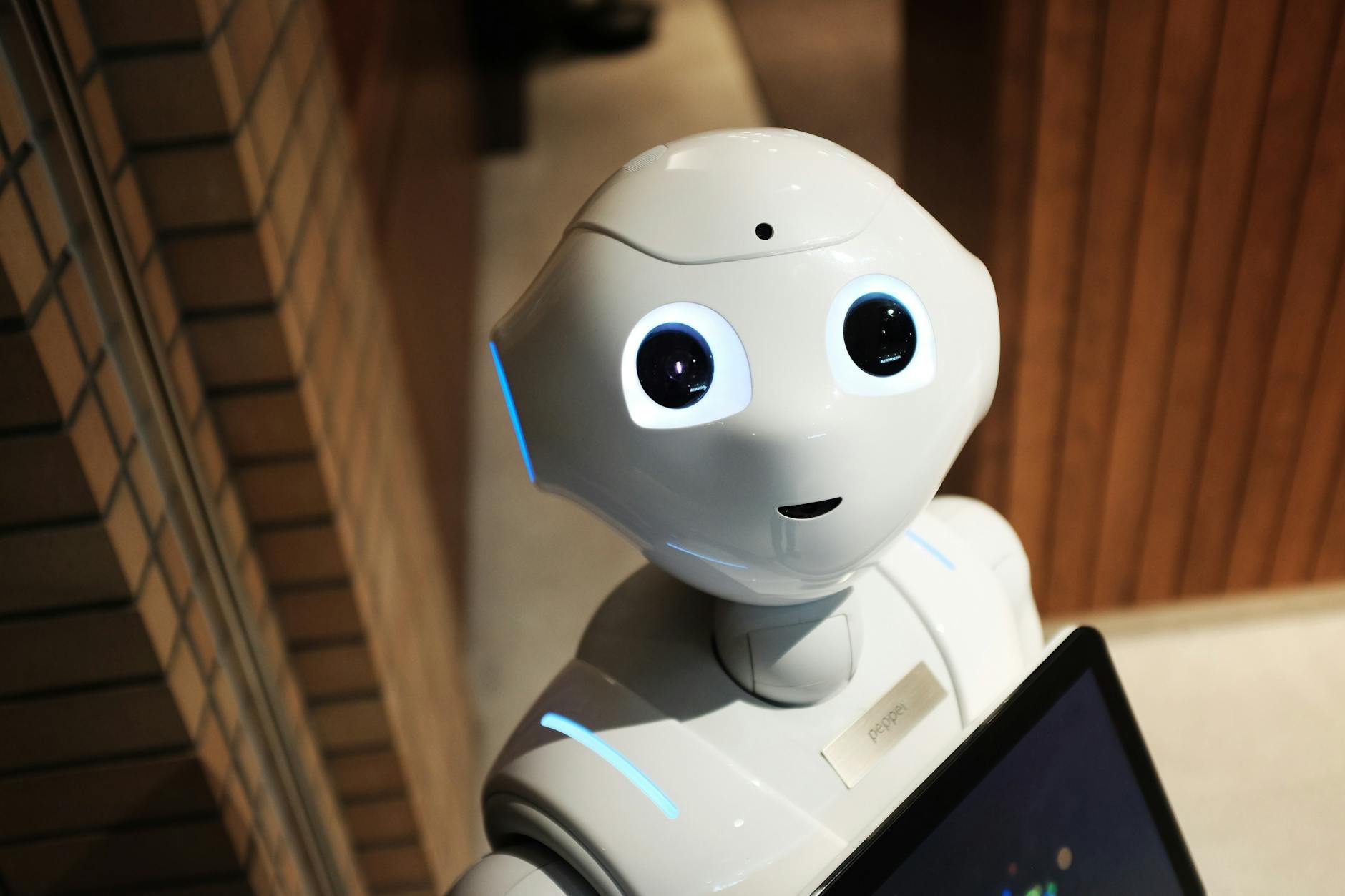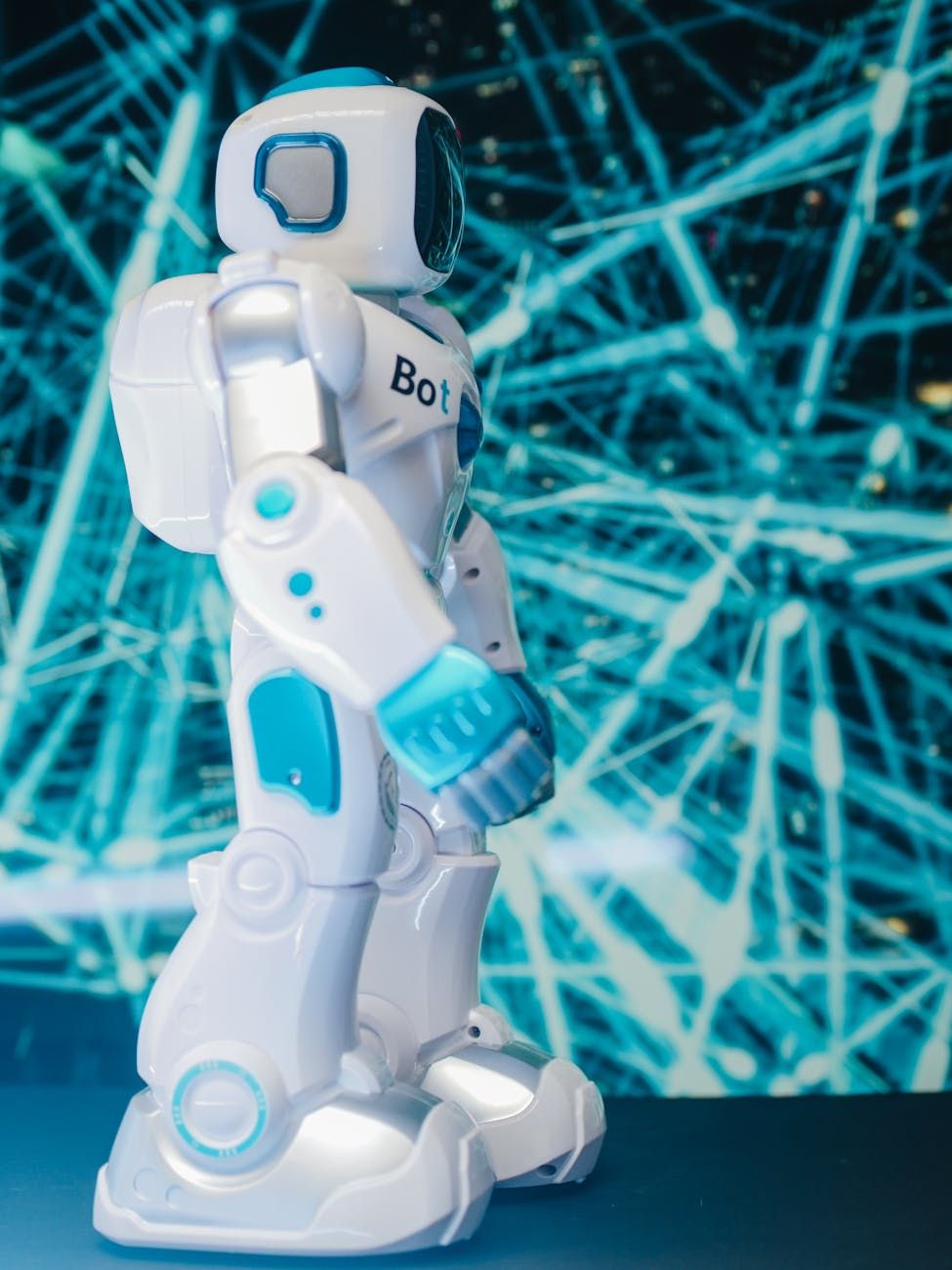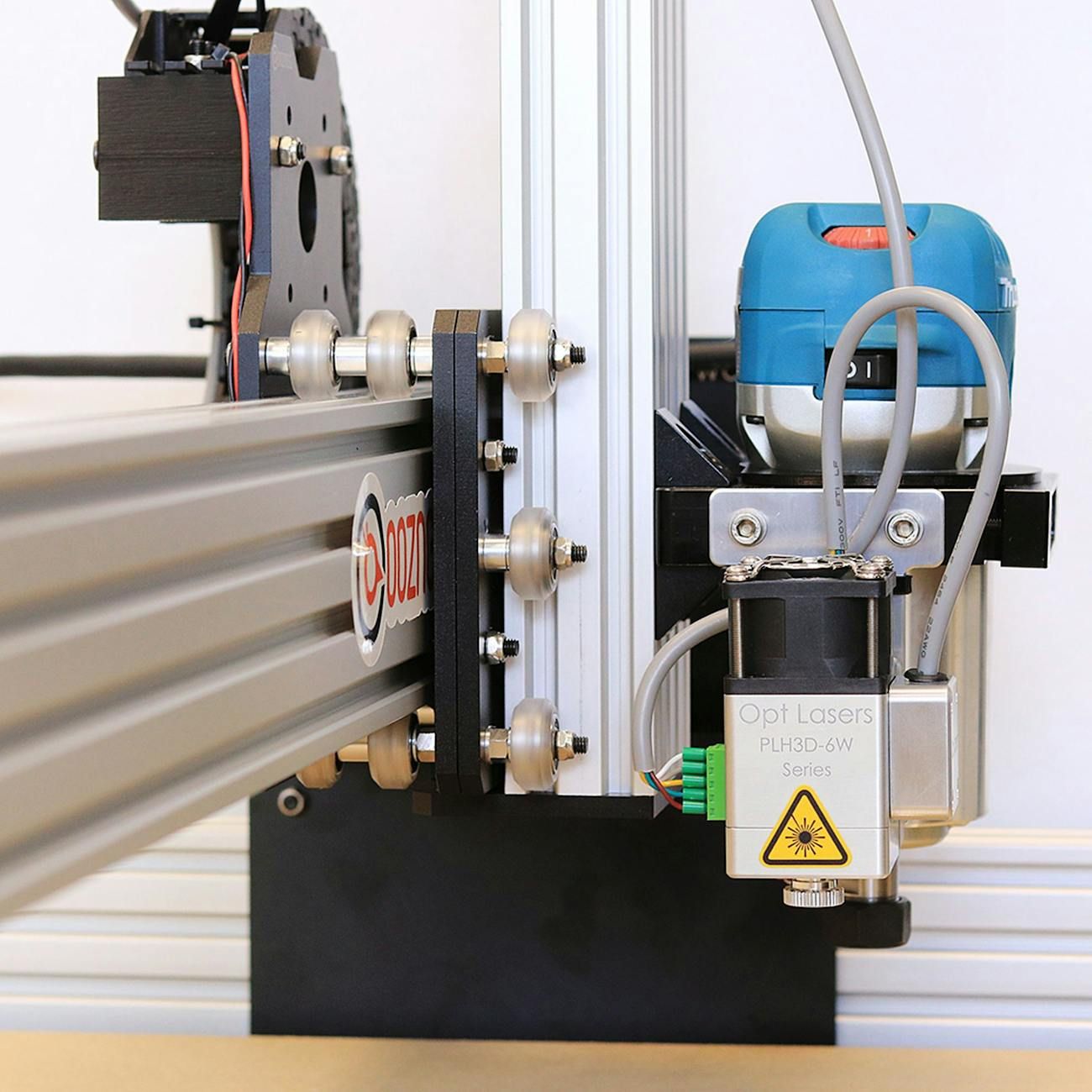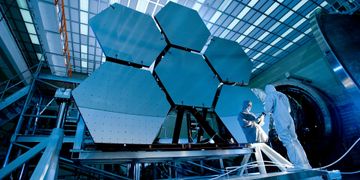The Future of Industrial Automation: How AI and Robotics Are Transforming Manufacturing



In the fast-paced world of manufacturing, industrial automation has emerged as a game-changer, revolutionizing the way products are made and processes are carried out. With the advent of artificial intelligence (AI) and robotics, the industry is witnessing a transformation like never before.
Industry 4.0, often referred to as the fourth industrial revolution, has paved the way for smart factories that leverage cutting-edge technologies such as AI, robotics, machine learning, and the Internet of Things (IoT) to optimize operations and drive efficiency.
The integration of automated systems in manufacturing processes has not only increased productivity but has also enhanced quality control and reduced human error. Machines equipped with AI can analyze data in real-time, enabling quicker decision-making and predictive maintenance, ultimately leading to improved manufacturing efficiency.
Robotics plays a vital role in the evolution of industrial automation, with robots being deployed for various tasks such as assembly, welding, painting, and packaging. These robots are designed to work alongside human operators, complementing their skills and increasing overall productivity.
Moreover, the IoT has enabled machines and devices to communicate with each other, creating a connected ecosystem where data can be shared seamlessly. This connectivity not only streamlines processes but also provides insights that help in optimizing workflows and minimizing downtime.
Machine learning algorithms are being used to analyze vast amounts of data generated by automated systems, enabling manufacturers to identify patterns, trends, and anomalies that would have otherwise gone unnoticed. This data-driven approach is crucial in making informed decisions that lead to cost savings and operational improvements.
As industries across the globe embrace digital transformation, the role of industrial automation in manufacturing is becoming increasingly significant. The ability to adapt to changing market demands swiftly and efficiently is critical for staying competitive in today's fast-paced business environment.
In conclusion, the future of industrial automation looks promising, with AI and robotics at the forefront of driving innovation and reshaping the manufacturing landscape. Incorporating these technologies not only boosts productivity and efficiency but also opens up new possibilities for creating smarter, more sustainable factories.





